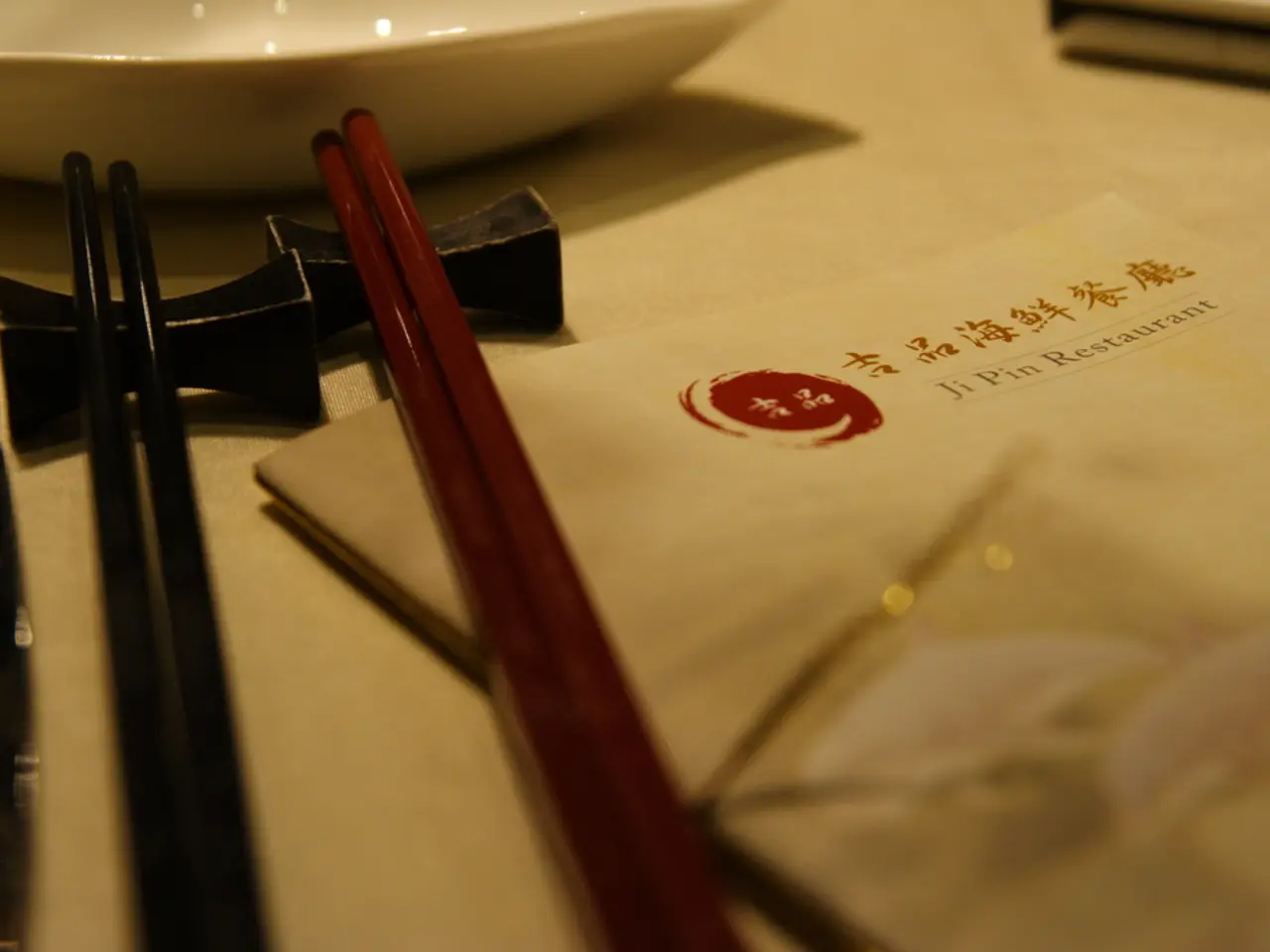Over 12 million people chose to abstain from obtaining loans voluntarily
In a bid to address concerns about the impact of unmanageable debt and fraud, the Russian government introduced a self-ban on credit and microloan issuance on March 1, 2023. This service, launched on the Gosuslugi portal, allows individuals to prohibit the issuance of loans to themselves.
The mechanism of the self-ban is simple. When a person applies for a self-ban, a special mark is placed in their credit history. This mark alerts banks and microfinance organizations to refuse loan applications from individuals who have imposed the ban. This has proven effective in managing financial responsibilities and preventing unwanted loan applications, acting as a barrier against unscrupulous actions, including fraud attempts using stolen personal data.
The self-ban has received a positive response from the public, with over 20% of Russians opting for the service. A survey revealed that 56% of those who have imposed a self-ban are satisfied and continue to use the restrictions. This indicates a strong appreciation among the public for the control over their credit burden that the self-ban provides.
The self-ban also serves as a tool for financial discipline, encouraging individuals to manage their credit obligations more effectively. It is seen as a means of responsibly handling debt and avoiding impulse borrowing.
Moreover, the self-ban significantly complicates fraudsters' attempts to apply for loans using someone else's passport data. It requires fraudsters to lift the restriction through official channels, reducing fraud risks.
It is important to note that the self-ban applies to any type of consumer credit or loan, but not to mortgages, auto loans, or educational loans. As of June 1, submitting an application to remove a self-ban through Gosuslugi will require a qualified electronic signature (QES).
The discussions on the self-ban in credit and microloan issuance are set to take place in the State Duma's Financial Market Committee. The committee will consider possible solutions to mitigate the effects of self-bans on borrowers, ensuring that the tool remains beneficial for both individuals and the economy.
In conclusion, the self-ban on credit and microloan applications in Russia is a valuable tool for financial security and fraud prevention. With over 12 million people using it to manage their financial health, it demonstrates a commitment to responsible borrowing and a proactive approach to financial management.
The self-ban in Russia, a feature on the Gosuslugi portal, has alerted banks and microfinance organizations to refuse loan applications from individuals who have opted for the financial discipline tool. Due to the self-ban, fraud attempts using stolen personal data have become more complex, as the lifting of the restriction requires official channels.
The self-ban significantly contributes to the Russian economy by encouraging individuals to manage their credit obligations more effectively, reducing the risk of unmanageable debt and fraud. This tool, while not applicable to mortgages, auto loans, or educational loans, continues to be a valuable asset for financial security and fraud prevention, with over 12 million people utilizing it to control their credit burden responsibly.




